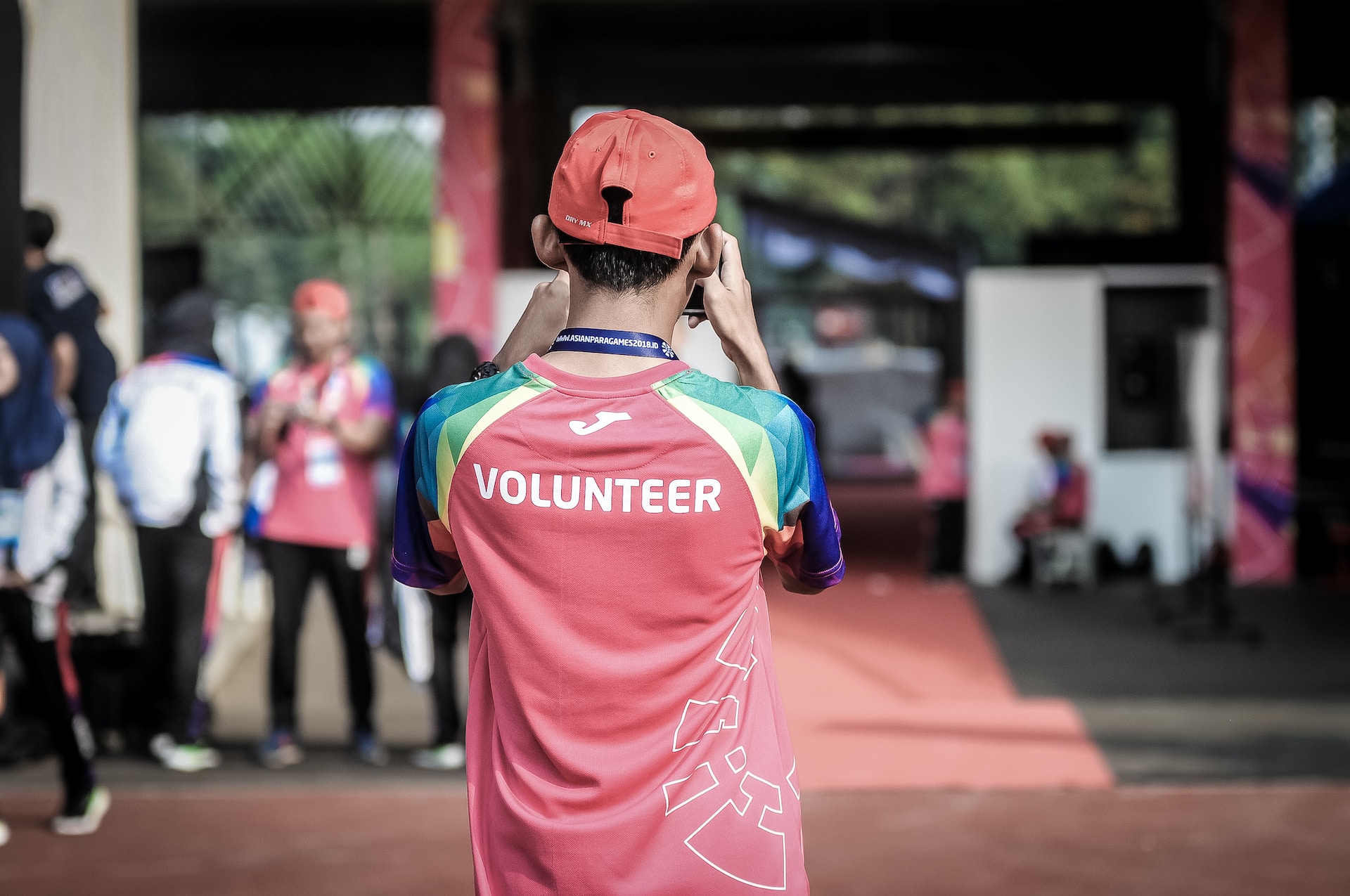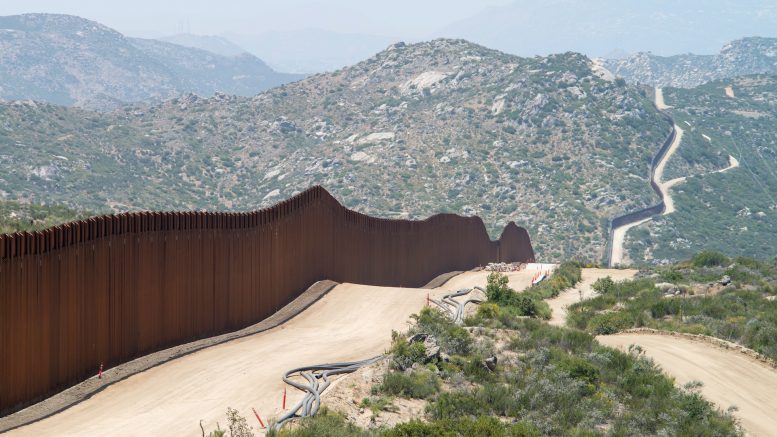Migrants seeking asylum at the US-Mexico border in Jacumba Hot Springs, California, are facing extreme conditions in what are being called open-air detention centers (OADs). Over 200 individuals are enduring the harsh desert climate, living in temporary shelters and relying on volunteer aid for basic necessities.
Life in the Shadow of the Border Wall
These encampments, situated near the border wall east of San Diego, have become a temporary home for many asylum seekers. Most of these individuals, after crossing through the wall gaps, have turned themselves in to the federal authorities, only to be directed to these sites to wait for their asylum processing.
Asylum Seekers’ Plight
Yazmín Calderon, a 40-year-old Colombian asylum seeker, shares her ordeal of being detained and given a wristband by the US Border Patrol, signifying her arrival date. Like many others, she faces uncertainty about her future and the asylum process. The cold desert nights are particularly challenging, with temperatures plunging and basic amenities like warm water being scarce.
Volunteer Efforts Amidst Government Inaction
Organizations like Border Kindness have stepped in to provide aid, as US government agencies have not taken responsibility for the care of migrants in these OADs. Volunteers from this non-profit and others trek into the desert to deliver water and supplies, with their efforts becoming increasingly vital as government agencies rely on them for assistance.

Processing Asylum Claims
Migrants typically spend a few days in these camps before being moved to other facilities for processing. However, the conditions and uncertainty they face during their stay are significant concerns.
Volunteers Bearing the Brunt
Local volunteers, like “Aunt Bunny,” have been instrumental in providing medical care and other assistance, often using their own resources. Their efforts highlight the dire situation in the camps and the lack of adequate government response.
Record Deaths at the Border
The journey to the US has become increasingly perilous, with a record high of at least 853 deaths reported in the last year. Groups like Armadillos (Ni Un Migrante Menos) conduct search-and-rescue operations in the desert, often finding remains and helping in the repatriation process.
Advocacy and Aid Groups’ Stance
Organizations working on migrant aid argue that the government should be more responsible for addressing these issues. Despite the White House’s proposal for increased funding for border security and asylum case processing, volunteers and aid workers continue to feel the pressure of the growing crisis.
The Asylum Seekers’ Hopes and Frustrations
Asylum seekers like Calderon endure the harsh conditions with hope, looking forward to completing their asylum process and starting anew. Their primary need is not just basic supplies but the opportunity to move forward with their asylum claims and begin rebuilding their lives.
Conclusion
The situation at the US-Mexico border highlights a humanitarian crisis, with migrants stuck in difficult conditions as they await their fate. The reliance on volunteer groups and the lack of adequate government intervention raise serious concerns about the treatment of asylum seekers and the broader implications for immigration policy and human rights.
©unityus.org

